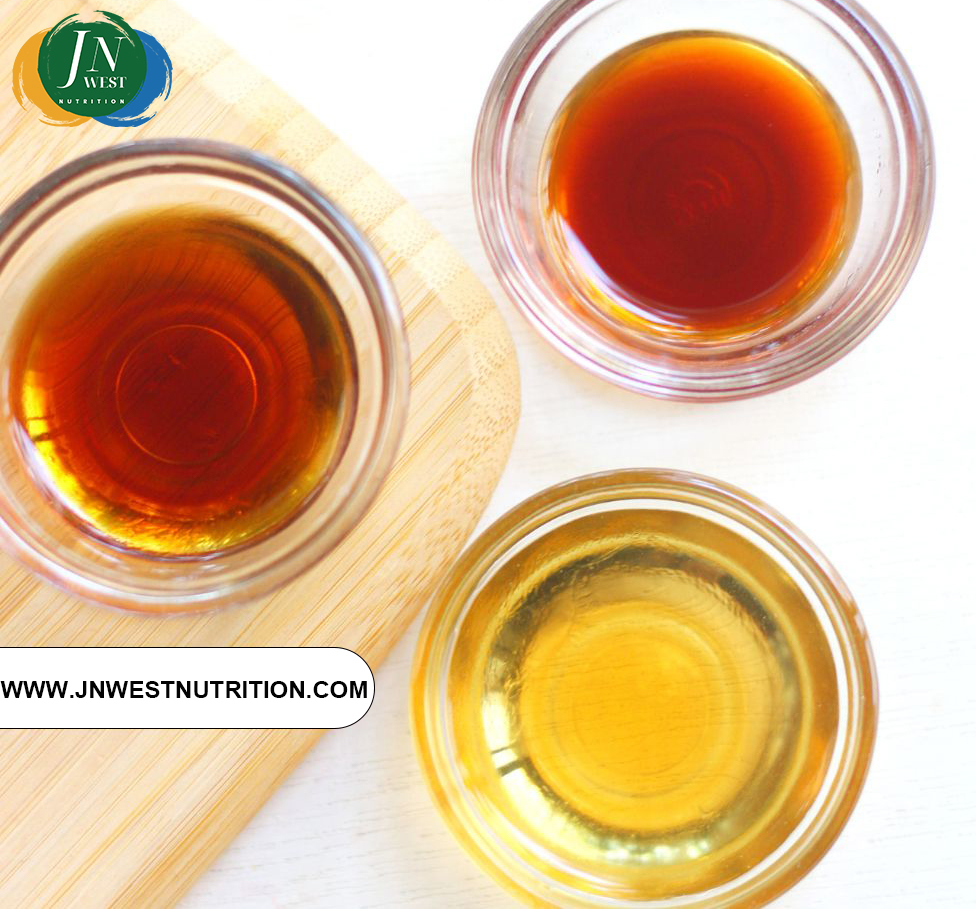Improved Digestibility: Hydrolyzing rice protein breaks down the larger protein molecules into smaller peptides and amino acids.
Reduced Allergenic Potential: Hydrolyzing rice protein can reduce its allergenic potential because the process breaks down allergenic proteins into smaller fragments that are less likely to cause reactions.
Enhanced Nutrient Profile: Hydrolyzing can potentially increase the bioavailability of nutrients in rice protein.
Functional Benefits: Such as emulsification, moisture retention, and film-forming abilities. These properties can be advantageous in formulations for personal care products or in food products where texture and stability are important.
Compatibility: Well-tolerated and compatible with various dietary preferences and restrictions, including vegan and gluten-free diets.

